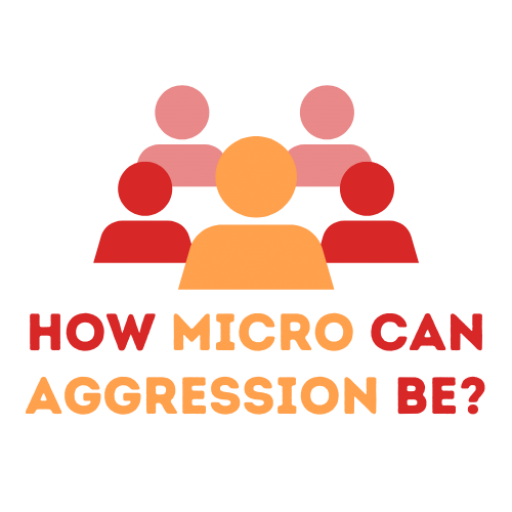Topic 5 From Observer to Ally
Tips for the observer
The observer is the either the person who has been the target of the micro-aggressive behaviour, or a third person who decides to interfere.
When confronting the initiator, do so with grace. Let them know what they said or did and why you perceived it as problematic. Then listen and wait for a response. If they are not showing signs of upset, feel free to proceed with helping them to see the perspective of the subject. If they are showing signs of a distress, offer to speak with them at a later time in a more relaxed setting, after they have had some time to process the data you presented (valid for example, if you observed an impropriate behavior with you coworker).
Naming a micro-aggression tends to make people feel judged. And when they feel so, they are less willing, and probably less able, to learn and receive new information. The information may be incredible useful and likely to increase their emotional intelligence and cultural fluency. If people feel judged, they will experience you as someone who thinks that you are superior to them in some way. You immediately position yourself as an enemy. Allow the person to share their perspective, their confusion, or perhaps their hurt and embarrassment. Whatever they throw out next, be willing to listen with an empathetic ear. What they say may feel like an attack, but understand that what you said may feel that way to them as well. Breath through it and try to be there with them, fully present, always communicating that you are on their side and wanting to help not blame.
